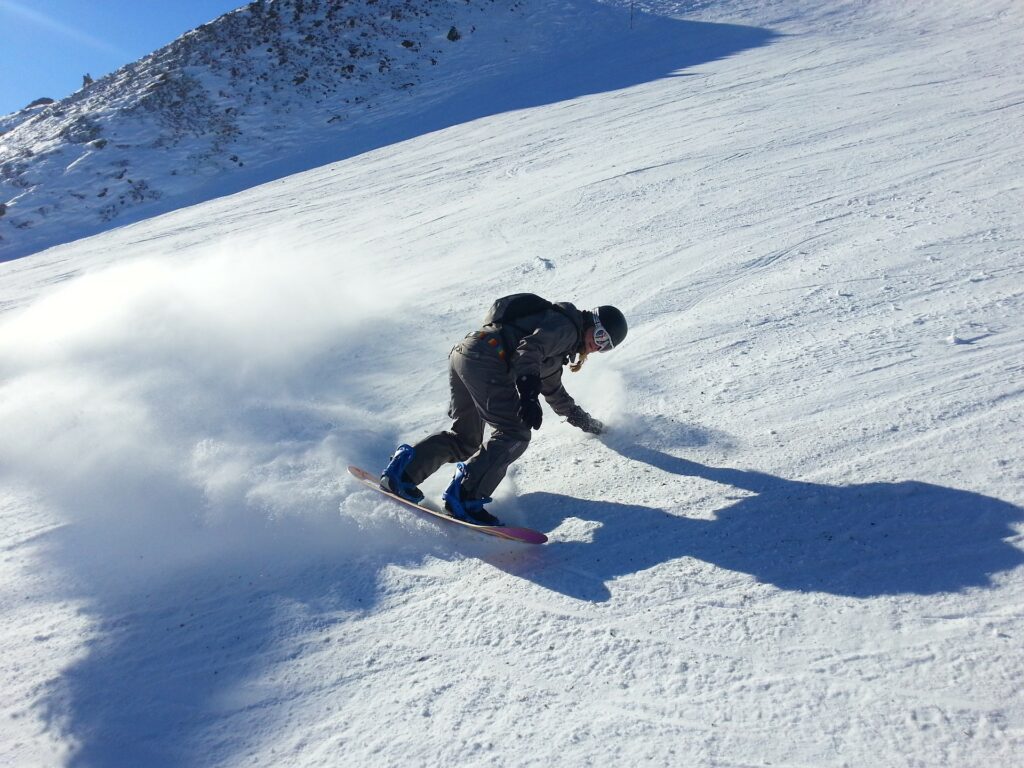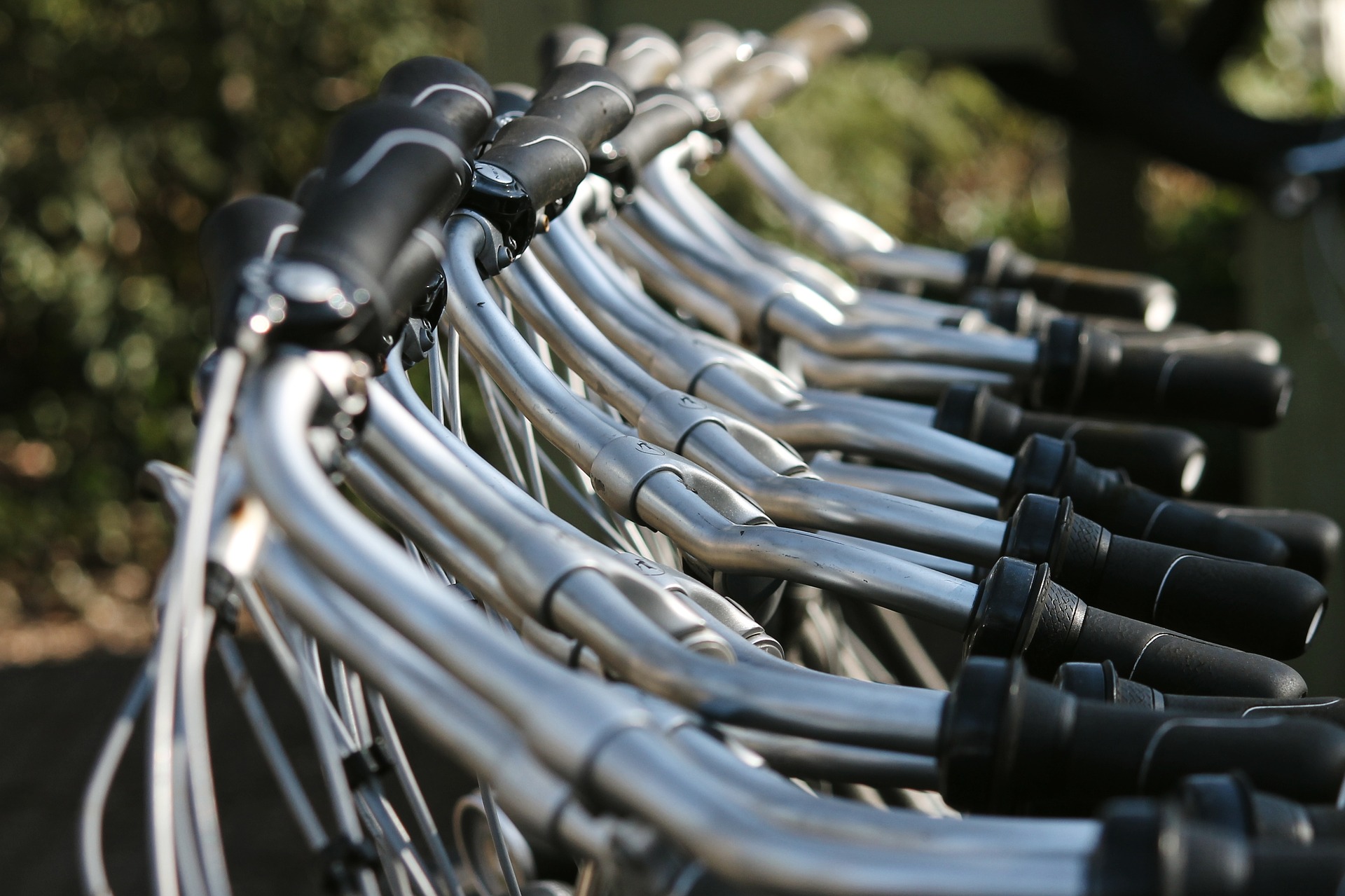It may have clicked through to this blog out of idle curiosity, but it’s more likely that you have a big rental business dream and are planning how to make it a reality. You’re here seeking advice is a very good sign, as you would be surprised how many people rush into a business without giving it adequate consideration.
Rentrax offers one of the top rental software solutions on the market. We started out as a bike rental company, so we have the relevant experience to offer a few tips to people starting out in the industry. We have also written blogs explaining how SKU-based inventory systems help rental businesses. We recently wrote a more specialist blog offering advice on how to start a bike rental business. We will continue to offer help and guidance whenever we can, but if you have any specific questions or would like to schedule a free rental software demo, please don’t hesitate to get in touch.
Don’t Assume Your Experience is 100% Relevant.
We don’t want to start on a negative, but many people who start up rental businesses have worked in the rental industry in some capacity before. You’ve worked for another business for a while, gathered together the necessary skill and experience, and you’ve decided that you could run a much better business yourself. You probably can! And your experience working in the rental industry will help.
But we urge you to entertain a healthy amount of self-doubt about how much your experience prepares you for your new business. Running a business comes with its own challenges, and it’s usually a mistake to assume that your business will work similarly to your previous job(s). There are too many variables, and assuming you have all the requisite experience may make you resistant to the advice found later in this guide. In all business — not just rentals — it’s always better to assume you have more to learn.
Consider Whether Passer-by or Website Traffic is More Important
A rental business’s location is particularly important to anyone who plans to target tourists more than locals. This is because tourists won’t go out of their way to find your business if it is outside of the main tourist areas. Similarly, locals may be happy to go to a more obscure location as they will know the area better.
A prime position that catches a lot of passers-by will always bring in more customers, but it will also be more expensive, so weigh up the potential benefits and drawbacks of every location you find. If your business relies on in-store footfall, the location will be a crucial decision for you; if your website is likely to attract more customers, then the location is less important.
When choosing a website, treat it like your shop and ensure it looks as good as possible. This will be their first interaction with your brand for many people, so you must make a good impression. There is far too much about website design to mention everything here, but most of it can be boiled down to a couple of core principles:
- Make it quick for users to find what they need on your website
- Make it easy for users to find what they need on your website
Plan, Plan, Plan

Planning is the secret sauce to all successful rental businesses, and if you don’t see someone at the head of a company who likes to plan things out, you will see someone close to them who is a natural planner. There are simply too many logistics involved with rentals to wade into the industry without planning properly.
It is vital to plan the size of your initial inventory. While you will want to grow your business into a vast rental empire… making your inventory too large too quickly will result in a lot of unused property that simply can’t earn from its initial investment cost. Instead, try to buy a little less than you might need and be prepared to test out this amount of stock before you add to it. This way, every piece of stock you buy will earn its keep, reducing any losses incurred by investing in a stock you can’t find regular renters for. As your customer base increases, increase your inventory but try not to panic if you have to turn people away.
The most important thing is the target market. Who are you going to provide your service to? Are you going to serve professional bike riders or occasional riders? Are they local people or tourists? Are they going to ride along the shore or on a trail? Once you know who you will serve, you can decide on the type and quantity of our inventory.
But before thinking about the inventory, a crucial step needs to be taken: market validation. Before investing in any business, you need to gain unbiased confidence that if everything goes well, you will have enough customers and income to return your investment in 1-3 years.
Research Your Rental Niche

You will likely have a head start with this area if you have worked in the rental industry for a while. Perhaps you are a bike expert hoping to start a bike rental company. Or perhaps you are a passionate tour guide looking to offer snowshoes and other winter activities in your local area. You might have some Pacman machines in your warehouse waiting to be rented. Whatever niche you’re in, you must add to your knowledge and experience by researching as much as possible. A great way of researching the customer service side of your niche is to try a few of your competitors’ products and experiences, which leads neatly to our next piece of advice.
Check Out Your Competition
Competitor analysis could form part of your market validation, but we’d like to discuss it in more detail here. The beauty of checking out your competition is that you can learn from the successes and failures of another business, taking what you like and avoiding anything you dislike. Competitor analysis is a big part of many business models because it allows companies to judge the quality and cost of their products against their contemporaries.
But for rentals, you will also want to check out the breadth of your competitors’ inventories, as the choice of rental products can greatly impact customer satisfaction. Also, ask yourself if the competitor has any valuable unique selling points (USPs) you should adopt. For example, do they offer additional features, free rescheduling, or any other feature that adds value to their customer’s experience? Feel free to ‘borrow’ good USPs, but also allow them to inspire you to develop your unique selling points.
Find Software That Empowers Your Business
The right rental software can not only save time, but it can also completely revolutionize your business. This is because there are so many ways that good rental software can save money and improve how customers perceive your business. The best advice is to look for software with as many essential tools and special extras as possible, so the ideal software will be purpose-built for rentals, not some other tool repurposed for the rental market. As Rentrax created our own rental software, we can talk confidently about our product’s features in a way we can’t talk about other companies’ products. We are always adding new features that make it work for equipment rental companies and tour operators. Here are a few of the features that make Rentrax’s software solutions for tour operators so special:
Inventory management
– Our easy-to-use inventory management can be as one-size-fits-all or bespoke as you need. You can change how your customers browse through your products online, giving them as much choice (or as little) as you like. If set up well, a good SKU-based inventory management system can be a genuine, unique selling point (USP) for a company as you offer more modular choices than your competitors.
Tracking revenue
– Our software also allows you to track how much revenue each rental asset has generated. This allows you to gain a nuanced understanding of which assets are earning more money, and it also allows you to sell a stock once it has more than paid for itself, replacing it with newer, refreshed models.
Tour booking
– We have built sales and tour booking features into our online rental software so that rental businesses who also want to sell some products or book tours/experiences can do so. You don’t need to pay for additional sales software and a booking platform. It also means that all revenue streams, whether from equipment rentals, sales, or activity bookings, will all be collected together as part of the same system.
There are more features to discuss, but we want this guide to cover a wider range of guidance without focusing too much on software. If you want to learn more, please schedule a free Rentrax demo.
Scope Out Insurance and Liability Cover Before Starting Up

The importance of this next point will rely entirely on whichever rental niche you’re part of. Different rental products and activities will come with different degrees of liability. As a business owner, you must fully research any guidelines or legal obligations you must follow. We’re not trying to scare you; there’s no need to worry as long as you do your due diligence.
If you are unsure of what kind of legal coverage you require, you should simply shop around a few insurance companies, allowing one or two of them to explain their services. Take meticulous notes comparing the different companies, and you’ll soon realize what kind of cover you need most and which insurance cover is the best fit for your business. It’s worth noting that Rentrax’s native waiver function protects the customer and the business. And while many third-party waivers can be integrated into rental software, it’s much simpler just to have a native waiver. This leads us nicely to our final section: rental management software.
No matter if you are in the sports equipment, construction, or furniture rental business, there is so much to consider when starting a rental business, and no single guide could possibly offer all of the relevant advice. So, we advise that you read around the topic and have an open mind. Be prepared to have your opinion changed, and you will stand a far better chance of success!

